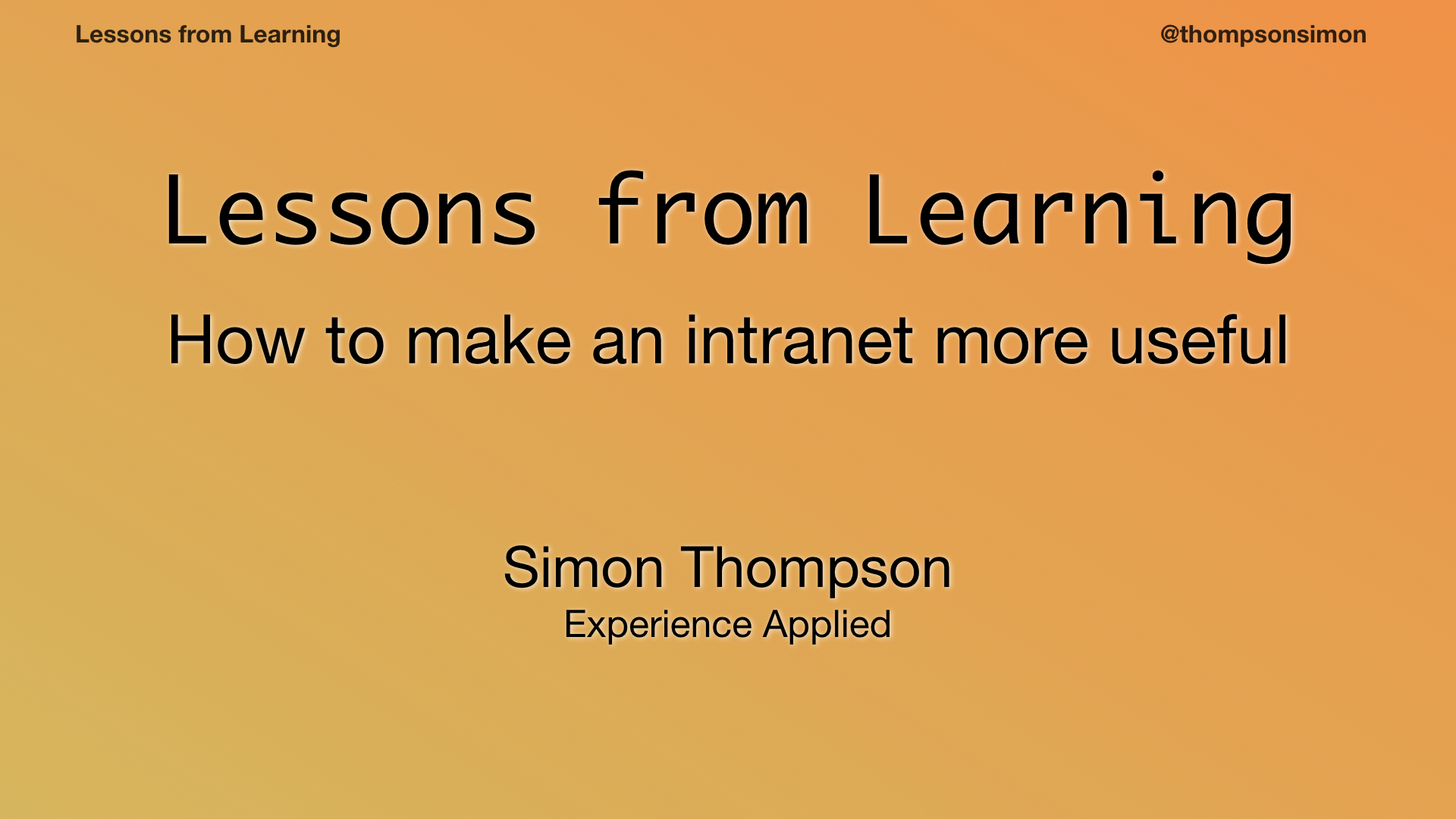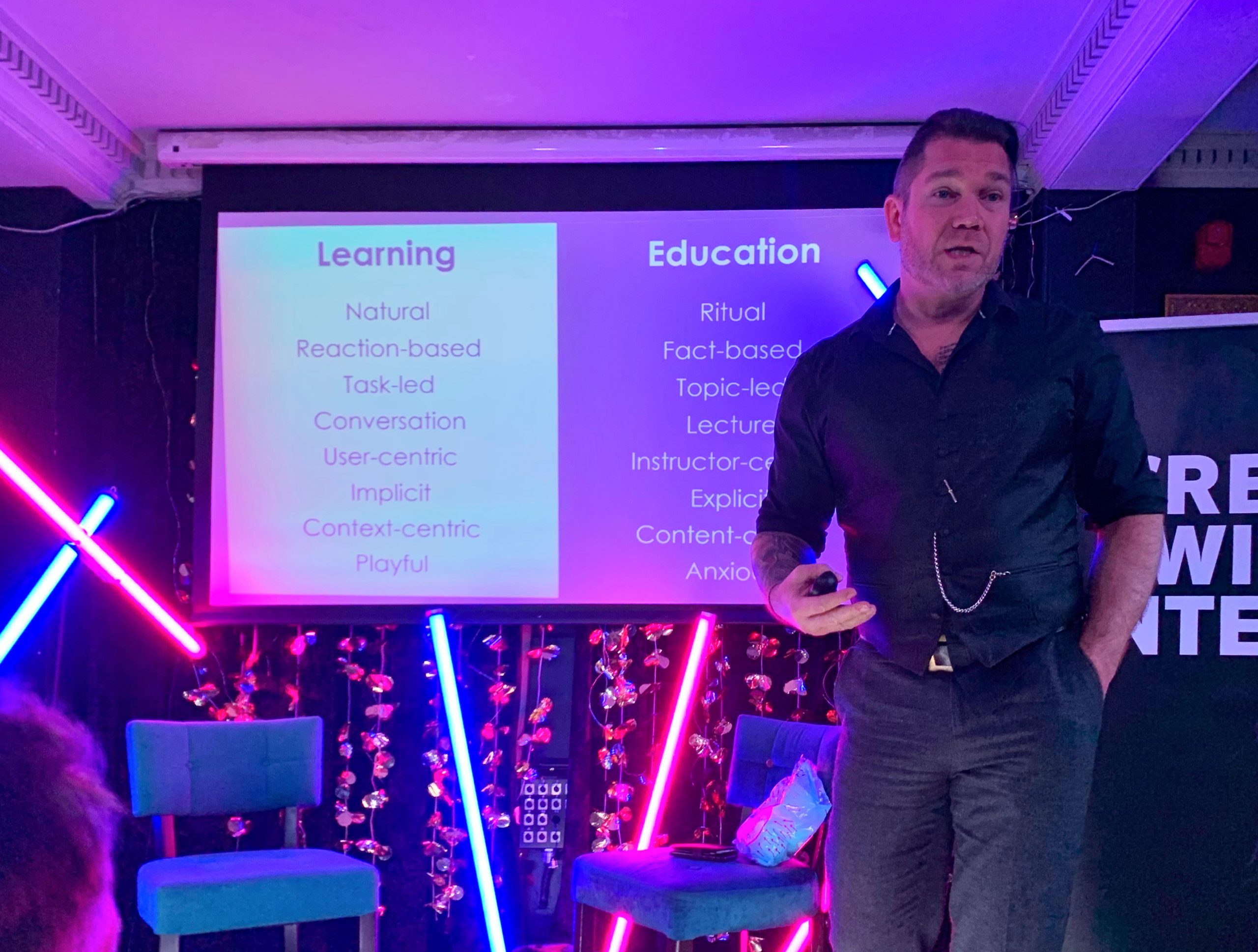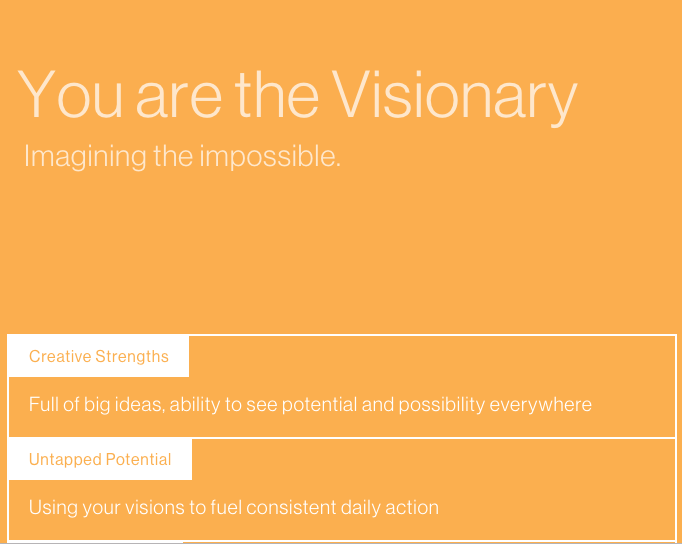Sooner or later, something bad is going to happen in your organisation, and your digital workplace will be the place your colleagues go for information and support. You need to be ready.
Ten years ago this January, I left home extra early on the first day back from the Christmas break.
Something awful had happened to a colleague, and I needed to write something sensitive and current to put on the front page of the intranet.
As I was on the verge of publishing something I hated, the CEO walked in with a few words he said he’d “put together”. Far from being put together, it was outstanding, heartfelt, and compassionate. Within minutes, I had something ready to go live to the staff who were arriving and starting to log on.
That page was viewed by almost everyone in the company, and helped spur an international fund-raising effort. I had complete control of content on the home page, and we were able to set the right tone in a non-obtrusive but fitting way. To this day, I don’t know what I’d have done if my only option was a carousel with headlines and images.
In retrospect, we could have been a lot better prepared. In my time running that intranet we’d had to cover the deaths of the founder and a former company chair, but we were still caught out by something that was always a possibility.
Looking beyond the short-term
It’s a common complaint that intranets are treated as short-term projects when they need to be a consistent part of employees’ working lives. That thinking means that intranets aren’t conceived to take into account the certainties of company life.
Awful things happen – it’s only a matter of time – and it doesn’t have to take a high profile death to affect your colleagues deeply. But, if you only think of intranet news as CEO pronouncements, product news, personnel changes and occasional events, your intranet may not be ready to handle something significant.
Your intranet needs to be ready for a crisis
You need to spend time preparing. Ideally, this should be while planning your intranet, but doing this at any time is better than never.
(more…)



